
Here you go thecompletehistoryofscience.com/reading-list
17.02.2026 11:28 — 👍 1 🔁 0 💬 0 📌 0@gethinrichards.bsky.social
Teacher and author of The Complete History of Science Podcast. Find the podcast here: https://thecompletehistoryofscience.buzzsprout.com/ Or any podcasting app (Spotify, Apple, Youtube etc.) https://buymeacoffee.com/completehistoryofscience

Here you go thecompletehistoryofscience.com/reading-list
17.02.2026 11:28 — 👍 1 🔁 0 💬 0 📌 0Has anyone shown him Greenland on a non-Mercator projection?
17.01.2026 15:28 — 👍 1 🔁 0 💬 0 📌 0
Original cover of Joseph Priestlely's pamphlet on making carbonated water: "Directions for impregnating water with fixed air"
Medicinal pig-flavoured fizz with dinner? Joseph Priestley published a way to make carbonated water (copying "medicinal waters" of spa towns) in 1772, bubbling carbon dioxide from a pig bladder through water. Glass vessels later dealt with the hints of pig, then Johan Schweppe scaled up production.
20.12.2025 18:32 — 👍 70 🔁 16 💬 3 📌 2Doing a Q and A on the podcast for Xmas. Not sure how many of my listeners see these posts but if you do feel free to drop a question below.
07.12.2025 07:53 — 👍 0 🔁 0 💬 0 📌 0
New episode this weekend, start of the Johannes Kepler story!
(Posting this so I actually have to finish it).
I am the author of a podcast on the history of science (in bio). I have written extensively on the history of astronomy, especially ancient astronomy. I'd like to be part of the feed to connect with a community in this subject.
21.09.2025 17:38 — 👍 1 🔁 0 💬 1 📌 0yes
21.09.2025 17:36 — 👍 0 🔁 0 💬 1 📌 0@bot.astronomy.blue signup
21.09.2025 17:35 — 👍 1 🔁 0 💬 1 📌 0I'm very bad at visualizing mental images. I think it's a bit of a spectrum.
21.09.2025 05:47 — 👍 0 🔁 0 💬 0 📌 0
Books are not a visual medium.
This means your big desire to describe the appearance of your main character is a mistake. You can describe them over time but that description is not critical to your reader aligning with your character.
We align through behaviors.
#writingcommunity #booksky
Was interviewed by Gerry Fialka this weekend. If you want to hear me talk about life, philosophy etc. here it is:
www.youtube.com/live/xCWmMAw...
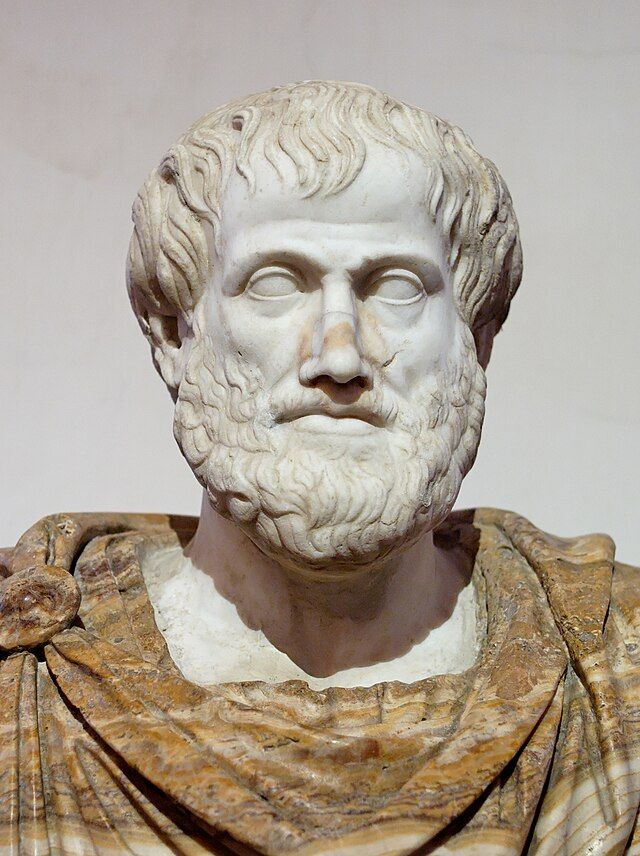
Bust of Aristotle
Aristotle wasn’t just a philosopher — he was also the world’s first serious zoologist.
More than 2,000 years ago, he began observing animals closely, recording their bodies, habits and behaviour.
🧵 Here are a few of his strangest and most impressive discoveries:
Hi!
19.08.2025 15:36 — 👍 1 🔁 0 💬 0 📌 0Working on a video for the Complete History of Science Youtube channel. Hope people enjoy it!
15.08.2025 08:08 — 👍 1 🔁 0 💬 0 📌 0Oh thanks that's so nice 🙂
09.08.2025 08:47 — 👍 0 🔁 0 💬 0 📌 0All the information is on the worksheet.
24.06.2025 04:15 — 👍 1 🔁 0 💬 0 📌 0Tycho Brahe first episode now live. So much hard work - hope people enjoy.
11.06.2025 15:19 — 👍 4 🔁 0 💬 0 📌 0Used to judge bad grammar, now I think we'll at least it's not ai.
09.06.2025 15:41 — 👍 1 🔁 0 💬 1 📌 0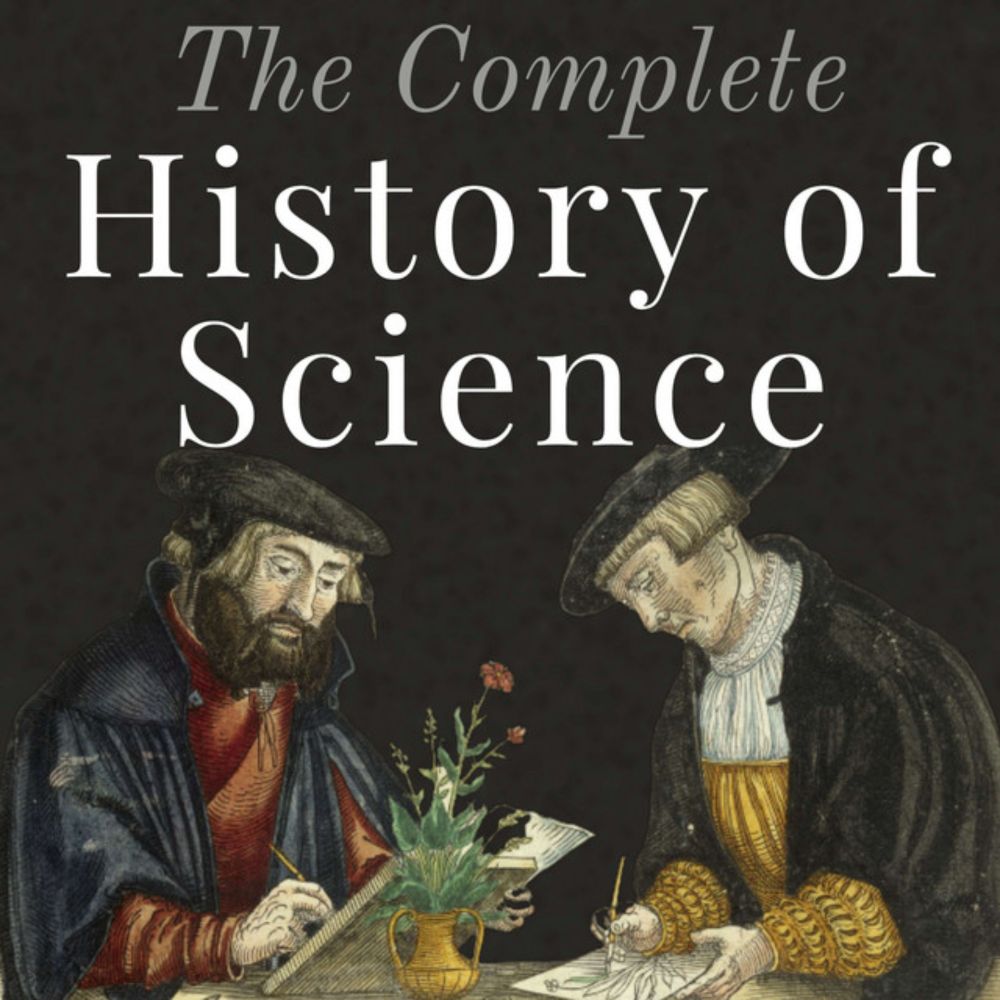
More about Aristotle here: open.spotify.com/episode/4hyT...
08.06.2025 13:41 — 👍 3 🔁 0 💬 0 📌 0
This would mean Aristotle dissected an elephant over 2,000 years ago.
And this is an important point. Aristotle wasn't the type of philosopher who relied on thinking alone.
He looked, asked questions, and checked the facts. Arguably he was the first scientist.
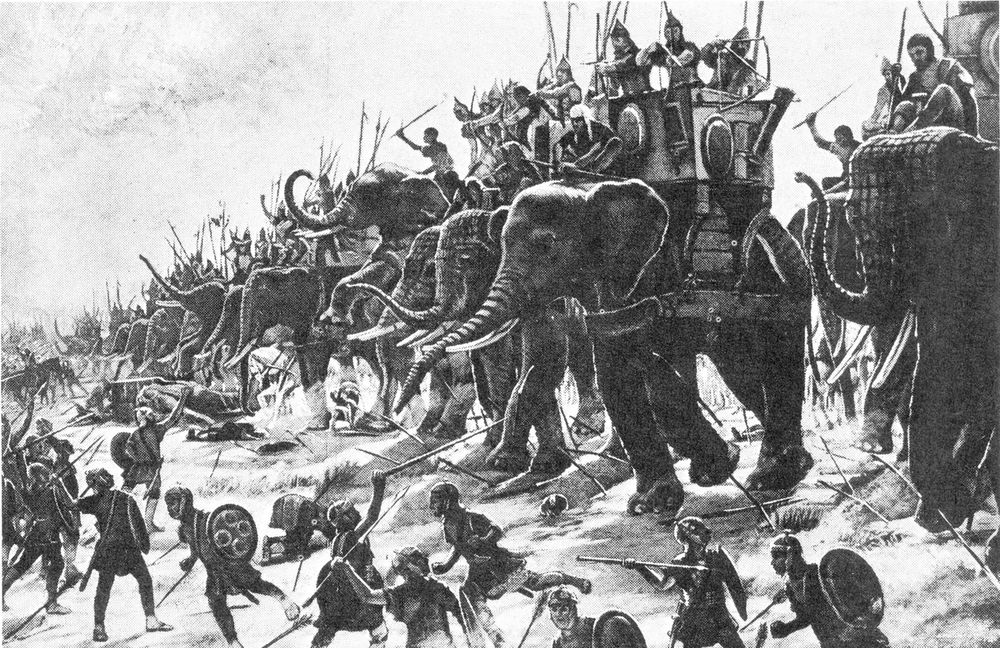
Drawing of war elephants
Somehow, Aristotle even knew the liver of an elephant is four times bigger than an ox’s. This was pretty much right.
But how did he know? Elephants didn’t live in Greece.
The leading theory:
His former student, Alexander the Great, may have sent him one from his conquests in Asia.
He didn’t just observe — he tested what others claimed.
The historian Herodotus once wrote that hyenas were hermaphrodites: both male and female.
Aristotle, showing real dedication, checked for himself. He dissected hyenas and found clear male and female organs.
Herodotus was wrong.

Photo of the dogfish - looks like a small shark
He discovered that the dogfish — a small shark — gives birth to live young.
Not eggs, like most fish. We'd now call them ovoviviparous.
This was ahead of its time and wasn’t confirmed by scientists until the 19th century.

Bust of Aristotle
Aristotle wasn’t just a philosopher — he was also the world’s first serious zoologist.
More than 2,000 years ago, he began observing animals closely, recording their bodies, habits and behaviour.
🧵 Here are a few of his strangest and most impressive discoveries:
Was this ever mentioned again?
01.06.2025 06:18 — 👍 0 🔁 0 💬 0 📌 0It's nice to hear you learned something new!
01.06.2025 01:58 — 👍 0 🔁 0 💬 0 📌 0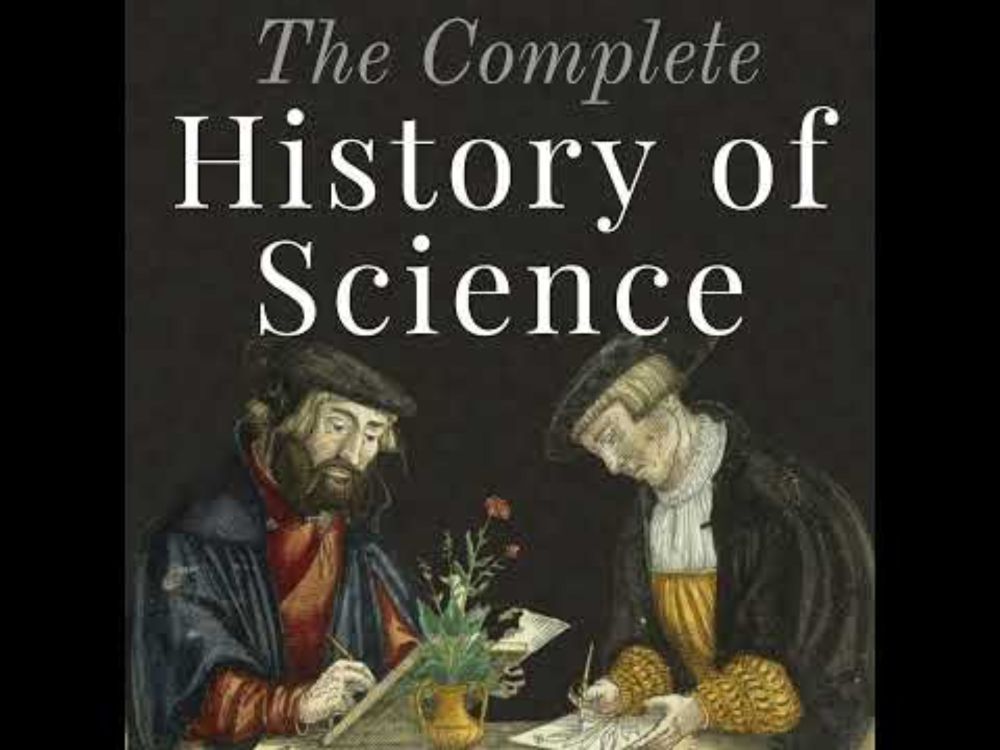
Also on YouTube (as well as most other podcast apps!)
youtu.be/vl7VNxJ6Mqs?...
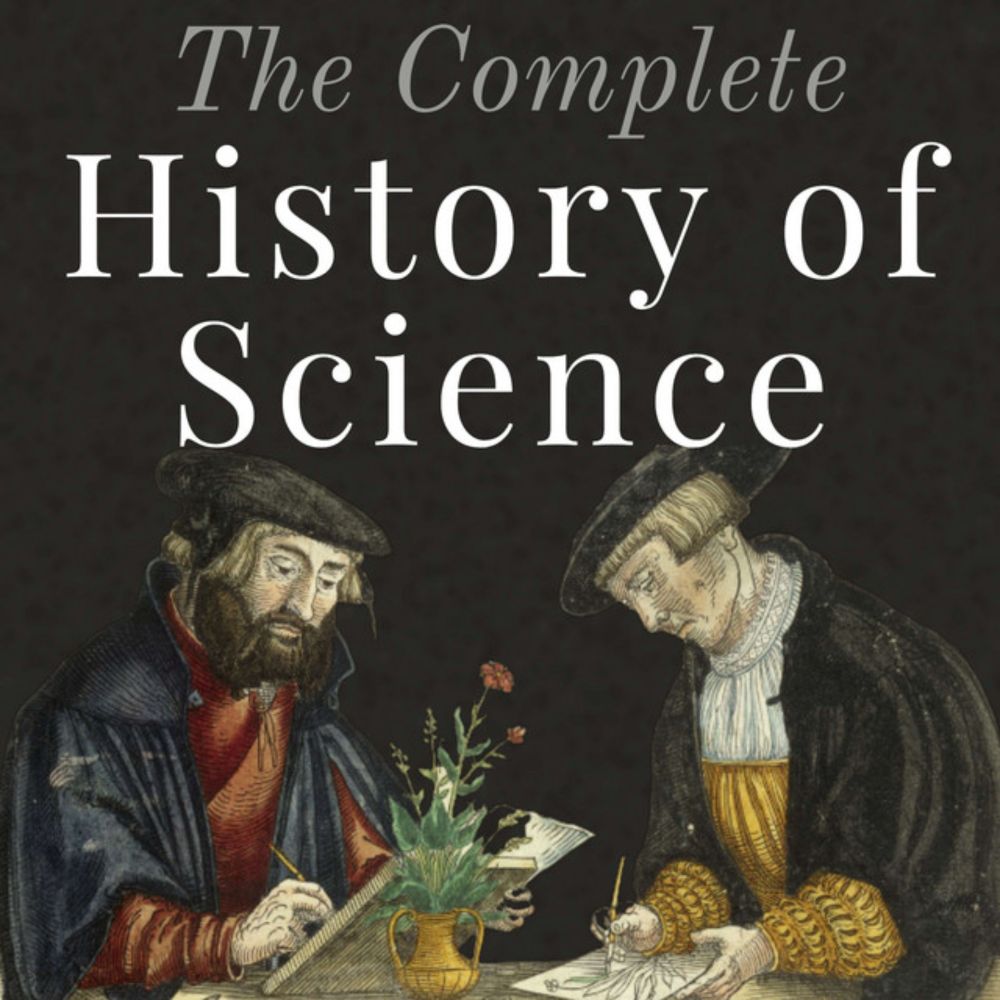
Hope people enjoy the latest episode on the history of the science of magnetism:
open.spotify.com/episode/4b9x...
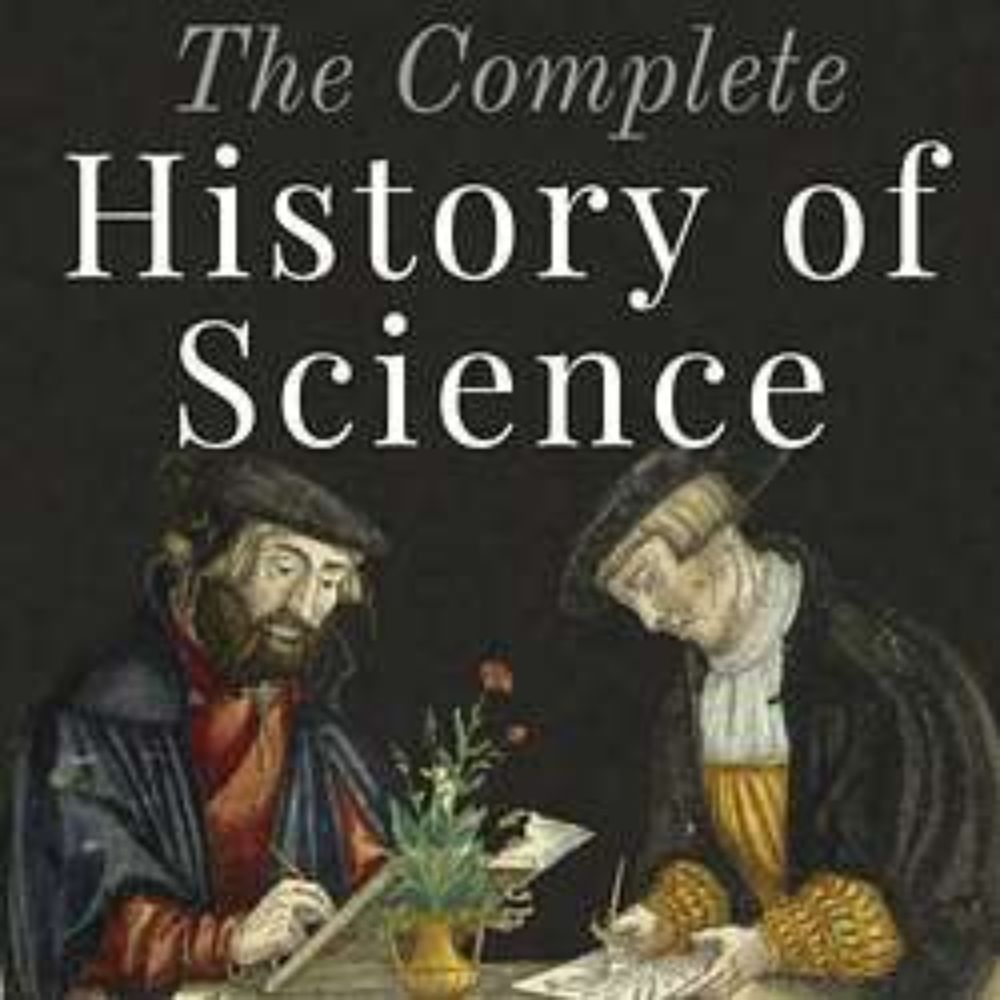
Hi, can I be added to the science feed to post history of science content please. I have a popular podcast:
thecompletehistoryofscience.buzzsprout.com
I am also a published scientist with a PhD in physics:
scholar.google.com.au/citations?us...
Thanks!
Sounds interesting, I'll have a look.
28.05.2025 02:13 — 👍 0 🔁 0 💬 2 📌 0